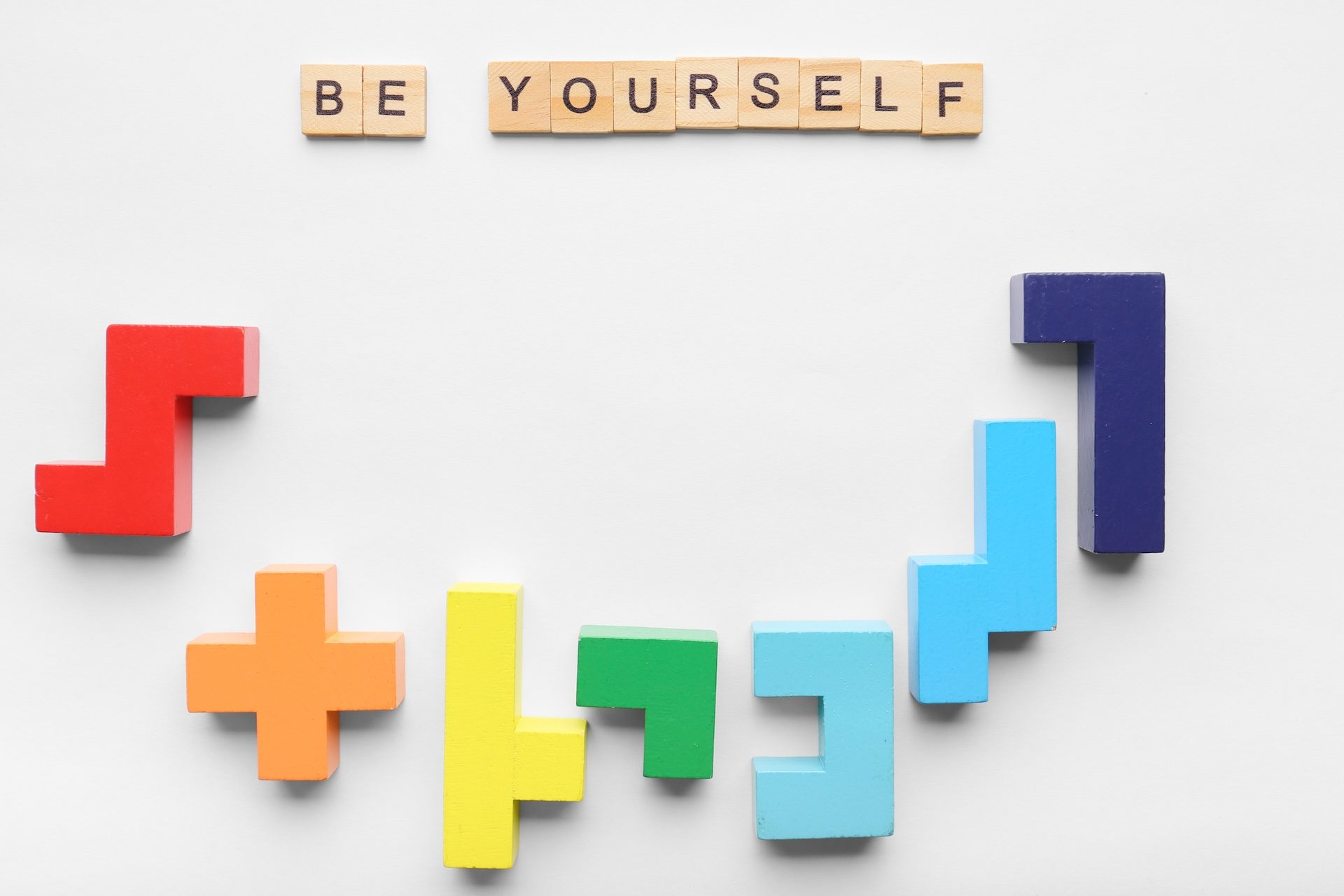2) Education and Career: Youths often find it crucial to have a personal safe space in an educational and professional setting. It offers them a space to explore their interests, pursue their passions and achieve their goals. It assists them to face the challenges and cope up with the pressures that hinders their learning and career development.
3) Identity and self-expression: Youth actively seeks out personal safe spaces to explore their identities, indulge in the process of self-discovery and to express their authentic selves. These spaces foster a sense of belonging and acceptance which gives them comfort and confidence to transparently express their thoughts, beliefs and values.
4) Mental and Emotional Well-being: A personal safe space guides youth towards their emotional and mental healing, thus, encouraging them to create one for themselves. It allows them to pursue self-care practices, relaxation, introspection, and encourages them to seek help and support from professional therapists and trusted individuals.
Personal safe spaces can vary from person to person, and they are not necessarily always away from family and friends. For some individuals, their personal safe space may indeed be separate from their immediate social circle, while for others, it can exist within the context of their relationships. Here are a few reasons why personal safe spaces might be sought away from family and friends:
2) Emotional Boundaries: Distancing oneself from family and friends may help in creating a personal safe space that aids in establishing emotional boundaries. It assists them in creating an environment devoid of external influence thus, allowing them to focus on their own thoughts, emotions and mental well-being. The solitude encourages individuals to engage in self-care practices, process their feelings and recharge themselves without distractions or external pressures clouding their mind.
3) Privacy and Confidentiality: Personal safe spaces serve an environment for the youth where they can let out their innermost thoughts, fears and vulnerabilities without the fear of privacy invasion or judgement holding them back. They can navigate through their emotions and vulnerabilities with a greater sense of security and trust placed within the safe space.
4) Exploration and Self-Discovery: Maintaining a healthy distance from friends and family provides space for an individual to explore themselves freely and indulge in the process of self-discovery. It inspires personal growth, self-reflection, and provides them with opportunities to develop a stronger sense of identity and purpose. Away from the burden of family’s expectations, youth can pursue their personal aspirations and passions within a personal safe space.
However, it’s important to note that personal safe spaces can also exist within the context of family and friends. For some individuals, their family and close friends may provide the support, understanding, and acceptance necessary for them to feel safe and nurtured. The key is to identify and cultivate environments, whether they are separate from or within existing relationships, that foster a sense of safety, acceptance, and personal growth.
There are several reasons why it can be difficult for individuals to openly express their need for personal safe spaces:
1) Fear of Judgement: The fear of judgement and being misunderstood as a weak individual hinders individuals to express their desire of having a personal safe space. The anxiety of being seen as incapable of handling their own feelings, needy and vulnerable prevents people from openly conveying their desire to have a safe and calm space for themselves.
2) Societal Expectations: The various norms of society require people to be self-dependent and resilient. Individuals unable to meet society’s expectations are often perceived as dependable and vulnerable individuals. The fear of being looked down upon prohibits an individual to openly communicate about their need of having a personal safe space in a society and seek out for professional help when needed.
3) Stigma Surrounding Mental Health: Social stigma around mental health prevents individuals from openly expressing their need to have a personal safe space. Individuals seeking help are perceived as weak, vulnerable and ‘mentally unstable’, thus, prohibiting them to express their desires of having a personal safe space for themselves openly.
4) Lack of understanding or validation: Individuals may have had past experiences where their longing to have a personal safe space was invalidated or rejected. Such dismissal of their previous need may lead to hesitancy and uncertainty to ask for personal safe spaces again as they may feel people around them would misunderstand and won’t take it seriously.
5) Perceived Burden on Others: Some individuals might think that expressing their problems, stress or concern may give their emotional burden to others. The fear of being a burden on others obstructs individuals to openly communicate about their needs. Constant feelings of guilt, shame and dependency makes it difficult for them to communicate transparently about open spaces.
6) Cultural or Family Expectations: Family cultures where seeking for help and emotional support are looked at as a sign of weakness and vulnerability prohibits individuals from reaching out for help. When the importance of mental and emotional health is not acknowledged or encouraged in a family, Individuals tend to refrain themselves from sharing their need of having a personal safe space openly.
It is essential to create an environment where individuals feel safe and secure sharing their innermost feelings, thoughts and emotions. By informing people about mental health, fostering empathy, and reducing taboos revolving around mental wellbeing, a safe atmosphere can be cultivated which prioritizes self-care practices and open communication about personal safe spaces.
Healthy development of open communication, sustaining support systems and seeking help if necessary, will assist the youth’s positive and constructive management of their personal safe spaces. Also, the approach aimed at self-awareness and responsibility can contribute to a positive outlook and underage people’s ability to utilize their safe rooms for positive personal changes rather than isolating themselves.







